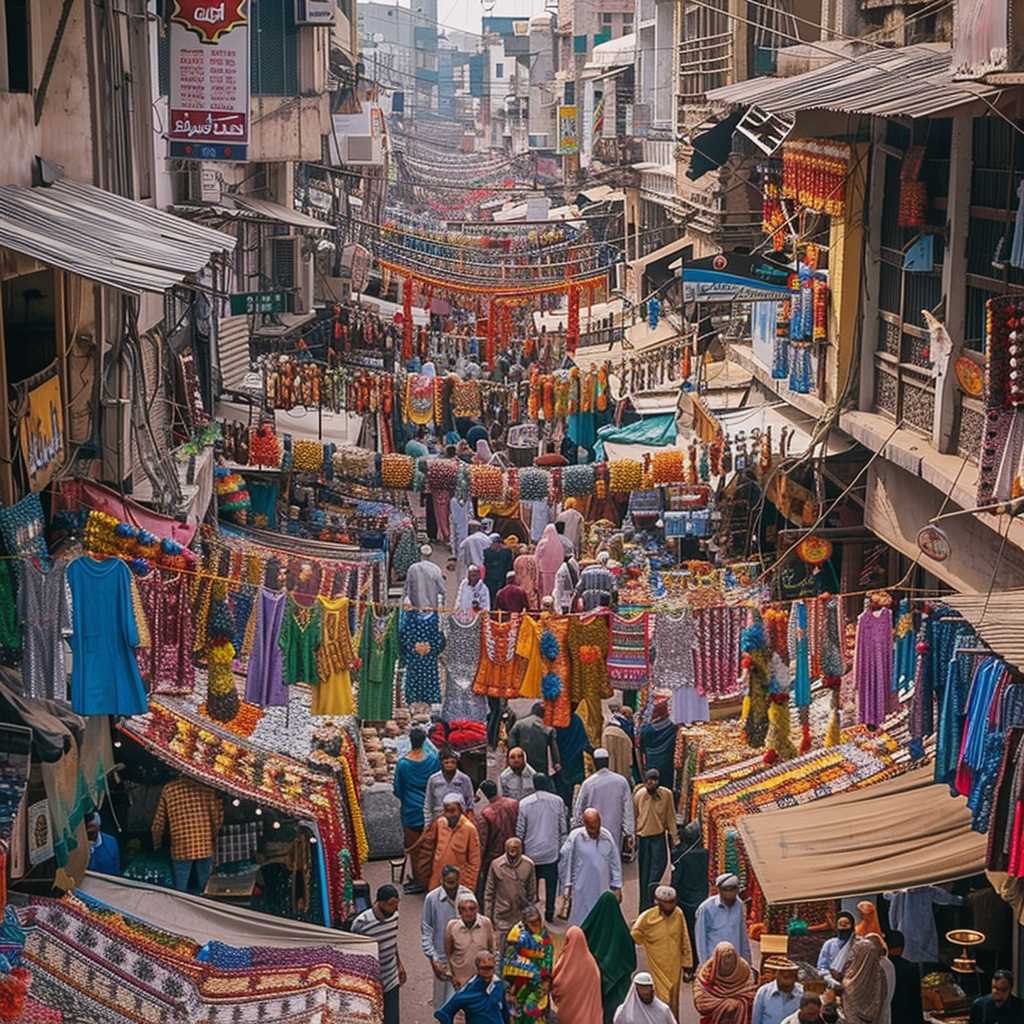Eid 2024: A Celebration of Unity and Diversity Across the Globe
Eid holds a place of special significance in the Islamic calendar. The term ‘Eid’ in Arabic translates to ‘festival’ or ‘celebration’ and is observed by millions of Muslims around the world. Muslims celebrate two main Eids each year – Eid al-Fitr and Eid al-Adha – both marked by communal prayers, feasting, giving and charity. Eid celebrations profoundly reflect the unity and diversity of the global Muslim community as they bring together people from different social, cultural, and economic backgrounds.
Eid al-Fitr: The Festival of Breaking the Fast
Eid al-Fitr, often just referred to as Eid, marks the end of Ramadan, the Islamic holy month of fasting. It is a day where Muslims conclude a month of dawn-to-dusk fasting, introspection, prayer, and community. The occasion is one of joy and gratitude, honoring the strength and will that fasting requires and celebrating the mercy and blessings received from Allah during Ramadan.
Eid al-Adha: The Festival of Sacrifice
Eid al-Adha is celebrated later in the Islamic calendar year and commemorates Ibrahim’s (Abraham’s) willingness to sacrifice his son as an act of obedience to God’s command. Before he could carry out the act, God provided a lamb to sacrifice instead. It also marks the culmination of Hajj, the annual pilgrimage to Mecca which is one of the five pillars of Islam. This Eid emphasizes sacrifice, sharing with those less fortunate, and reflecting on one’s actions.
Modern Celebration of Eid in 2024
By 2024, Muslims around the world might embrace new ways of celebrating Eid while holding onto time-honored traditions. Communities gather for special morning prayers in mosques and large open spaces followed by various celebrations such as visiting family and friends, exchanging gifts, and enjoying festive meals. In many regions, national or regional specialties are prepared and shared.
Furthermore, cultural differences instill variety into Eid celebrations; different countries have traditional games, wardrobe choices, or rituals that are passed down through generations. With growing multicultural exchanges, it is possible that new facets will be incorporated into traditional customs by 2024.
Global Impact of Eid Celebrations
Eid is not only significant from a religious perspective but also from an economic one. It boosts economic activity as households prepare for festive spending. Retail markets thrive since buying new attire is commonly associated with Eid. Meanwhile, special Eid-based services offer event planning, catering, and decoration which markedly increase employment opportunities. The benevolence accompanying Eid also spurs charitable initiatives across communities.
Digital Elation: Technology’s Role in Eid 2024
Recent years have shown technology’s increasing relevance in global religious practices and intercommunication among Muslims during Eid. By 2024, digital platforms are likely to facilitate virtual gatherings for those unable to physically meet with loved ones and broadcast live streams of prayer services for those at a distance from masjids (mosques). Social media will continue serving as a means for Muslims, especially those residing in areas where they are a minority, to engage with each other, share experiences and exchange greetings.
Looking Ahead: Anticipating Eid 2024
As every year passes by, anticipating Eid offers Muslims worldwide a chance to reflect upon personal growth and communal progression. Each celebration brings hopes for better understanding among human societies and interfaith dialogue opportunities.
Challenges And Hope
Although Eid is fundamentally a time for celebration, there are challenges that the global Muslim community continues to face including issues of poverty, environmental concern due to large-scale animal farming for Eid al-Adha sacrifices, political unrest in certain regions affecting peaceful celebrations, and discrepancies in moon sighting which dictates when the celebrations begin.
Yet despite these concerns, there are concerted efforts within the community towards productive resolutions such as increasing sustainable farming practices for sacrifices made during Eid al-Adha or using astronomical calculations for uniform moon sighting results. There is hope that by 2024 these initiatives will gain further recognition and acceptance globally.
Notes
Image Description:
An aerial view of a crowded marketplace bustling with people buying clothing, food items and gifts ahead of the coming Eid celebrations. Vibrant colors are visible with festive decorations adorning the streets while banners convey messages of blessings for the joyful occasion.
